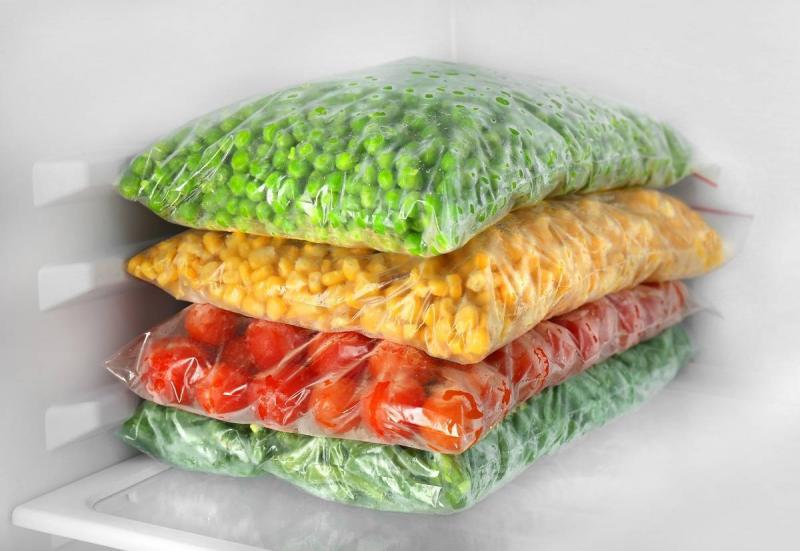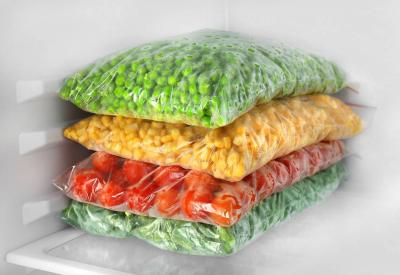Russian nutrition expert Dr. Tatyana Mishryakova pointed out that "freezing foods is one of the simplest, most reliable, and cost-effective methods for preservation. According to her, compared to the method of drying foods which leads to a loss of about 45% of their properties, frozen foods retain about 100% of their beneficial components. For example, they retain 100% of vitamin C. She states: 'Freezing preserves the original flavor of the product, but some characteristics may be lost, as happens with frozen avocados and zucchini. Additionally, freezing does not require vinegar, lemon juice, salt, spices, or seasonings.'
According to her, to reduce disease-causing plants that may be on the surface of fruits, they should be steamed or boiled in salty water for 1-2 minutes. To maintain quality and taste, it is not recommended to refreeze them. She adds: 'Frozen fruits and vegetables are suitable even for people with various health issues, unlike fermented and pickled foods that are not recommended for those suffering from stomach, intestinal, or pancreatic diseases, and jams are unsuitable for diabetics.'
To maintain the properties of frozen foods, it should be noted that they are suitable for 6-12 months, after which they gradually lose their beneficial properties. She indicated that the products suitable for freezing are: cauliflower, broccoli, broad green beans, and summer fruits. These materials are widely used in nutrition. Broccoli and cauliflower retain 100% of vitamin C as well as the vitamin B complex and vitamin K. Meanwhile, green beans, broad beans, and frozen peas retain all their benefits until spring.
The expert does not recommend freezing potatoes, radishes, and beets since they can be stored in the refrigerator or in a cellar where they stay fresh for a long time. She also advises against freezing cucumbers and tomatoes because they contain a large amount of water; when frozen, ice crystals form that compromise their taste.




